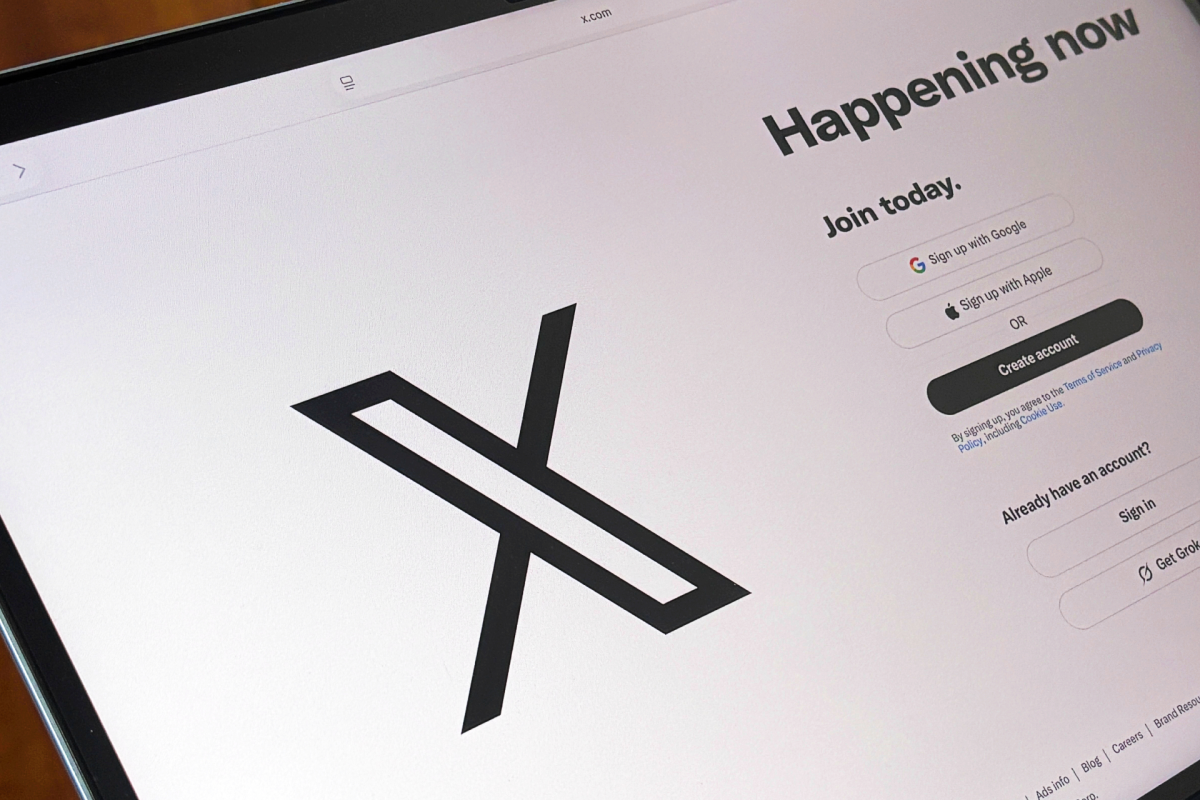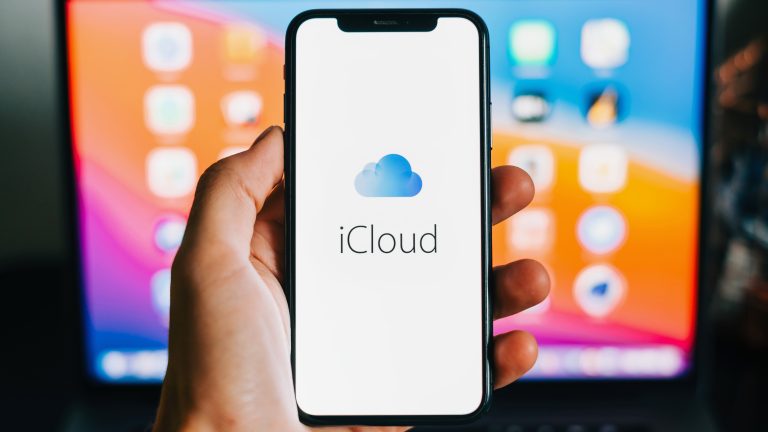
An Indian court has rejected an attempt by Elon Musk’s social media platform X to challenge the country’s content takedown directives, ruling that foreign companies cannot claim constitutional rights to free speech under Indian law.
On Wednesday, the Karnataka High Court upheld the government’s authority to use its centralized content moderation system, known as “Sahyog,” to issue removal orders. The judges stated that Article 19 of the Indian Constitution, which guarantees freedom of speech and expression, applies only to Indian citizens, not to foreign corporations operating within the country. The ruling marks a significant milestone in India’s growing assertiveness toward global tech companies.
X, formerly Twitter, filed the petition earlier this year after being directed to block posts and accounts critical of government policies. At the center of the dispute was Sahyog, a portal launched in late 2023 to fast-track enforcement of takedown requests. While the government argues the tool streamlines regulation, X described it as a “censorship portal” and claimed the process lacked transparency and accountability.
Justice M. Nagaprasanna, delivering the ruling, made clear that constitutional protections cannot be stretched to cover non-citizens: “The petitioner who seeks sanctuary under its canopy must be a citizen of the nation.”
The decision arrives as Musk deepens his business ventures in India, from Tesla’s entry into the EV market to the government’s recent green light for Starlink satellite services. India represents a major growth frontier, with over 800 million internet users and ambitious clean energy targets.
Policy experts say the judgment underscores India’s view of content regulation as a policy tool rather than a purely legal matter. Critics, however, warn that giving the Sahyog portal sweeping powers risks bypassing established safeguards under Section 69A of the IT Act, which requires procedural checks before blocking online content.
X has previously complied with takedown directives to avoid penalties, but it maintains that it disagrees with the orders. The company still has the option to appeal the decision in the Supreme Court, though experts suggest the higher bench may adopt a similar reasoning.
For Musk, who has long described himself as a “free speech absolutist,” the ruling highlights the tension between his ideals and the regulatory realities of operating in one of the world’s largest digital markets.







